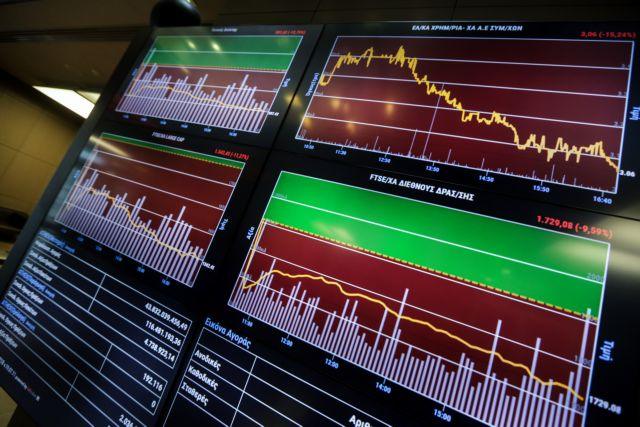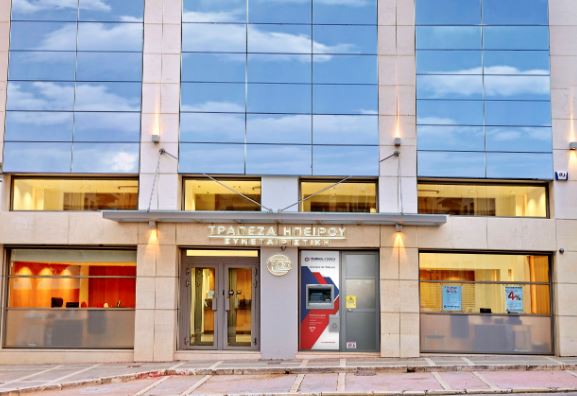A new landscape has emerged in mortgage loans, after the first increase in the euro base rate since 2011 and the assumed continuation of this trend at least until the first quarter of next year.
The big losers in this development are two categories of borrowers. Firstly, those who repay loans at floating interest rates, which are automatically adjusted in line with the trend in the cost of money in the euro area, and secondly, those who are currently interested in financing, as the terms of new loans are becoming less favourable.
On the contrary, there will be no difference for those who have opted for a fixed rate, for as long as it lasts.
The increases in monthly payments on existing loans, depending on the terms of each contract, will initially range between €10 and €50 per €100,000, with a remaining repayment period of 20 years.
This is an acceptable charge, according to bank officials. The question, according to them, however, is how far the ECB will go to tackle inflation in the coming months. Because if its interest rates and interbank euribor rates, to which all mortgages in the category are linked, rise to levels of 1.50% and above, repayment irregularities cannot be ruled out, given the pressure on household disposable income due to the lack of liquidity.
The new mortgage loans
On the other hand banks are inevitably being led to adjust their strategy over the last four years, during which they offered very low fixed interest rates even for the entire repayment period.
This is the reason why, from 2020 until today, the most popular products have been those with a fixed interest rate for at least 10 years, the annualised cost of which even started at levels as low as 3%.
But, from the beginning of 2022, after the rise in borrowing costs in the eurozone, banks are not in a position to maintain them at this level. Thus, the first round of adjustments was implemented last quarter, reaching up to 40 basis points. These changes were not horizontal. The largest increases were applied to fixed rates with a maturity of 10 years or more. At the same time, spreads (profit margins) on variable rate products became more attractive.
Another round of similar changes will reportedly follow from September. Increases in 3 and 5-year fixed rates will be limited, probably in the range of 10-20 basis points, while larger increases will be applied to locked-in plans for 10 years or more. At the same time, there will be cuts in floating rates, which are linked to the 3-month interbank euribor indices. In this case, banks will again reduce their profit margins, thereby reducing the final cost to the customer.
Advantageous option
In this context, competent banking sources note that in the new environment that is taking shape, a quite advantageous option is to lock in one’s monthly instalment for 3 or 5 years, ensuring for a reasonable period of time that their instalments will not change.
In this way, they will face no risk that the instalment will be increased for the period chosen. Then, once the fixed rate expires, it is estimated that the inflation situation will be levelled off and borrowing costs in the euro area will fall to lower levels.
Thus, borrowers will either be able to continue with a floating rate, having locked in a low spread from now on, or switch their loan to the new lower fixed rates that are expected to be in place at that time. It is noted that according to Bank of Greece Governor, Mr Yannis Stournaras, at the beginning of 2023, the ECB is expected to start discussing another rate cut









































